An Editorial Board Initiative
Patron: Ms. Shafaq Afshan
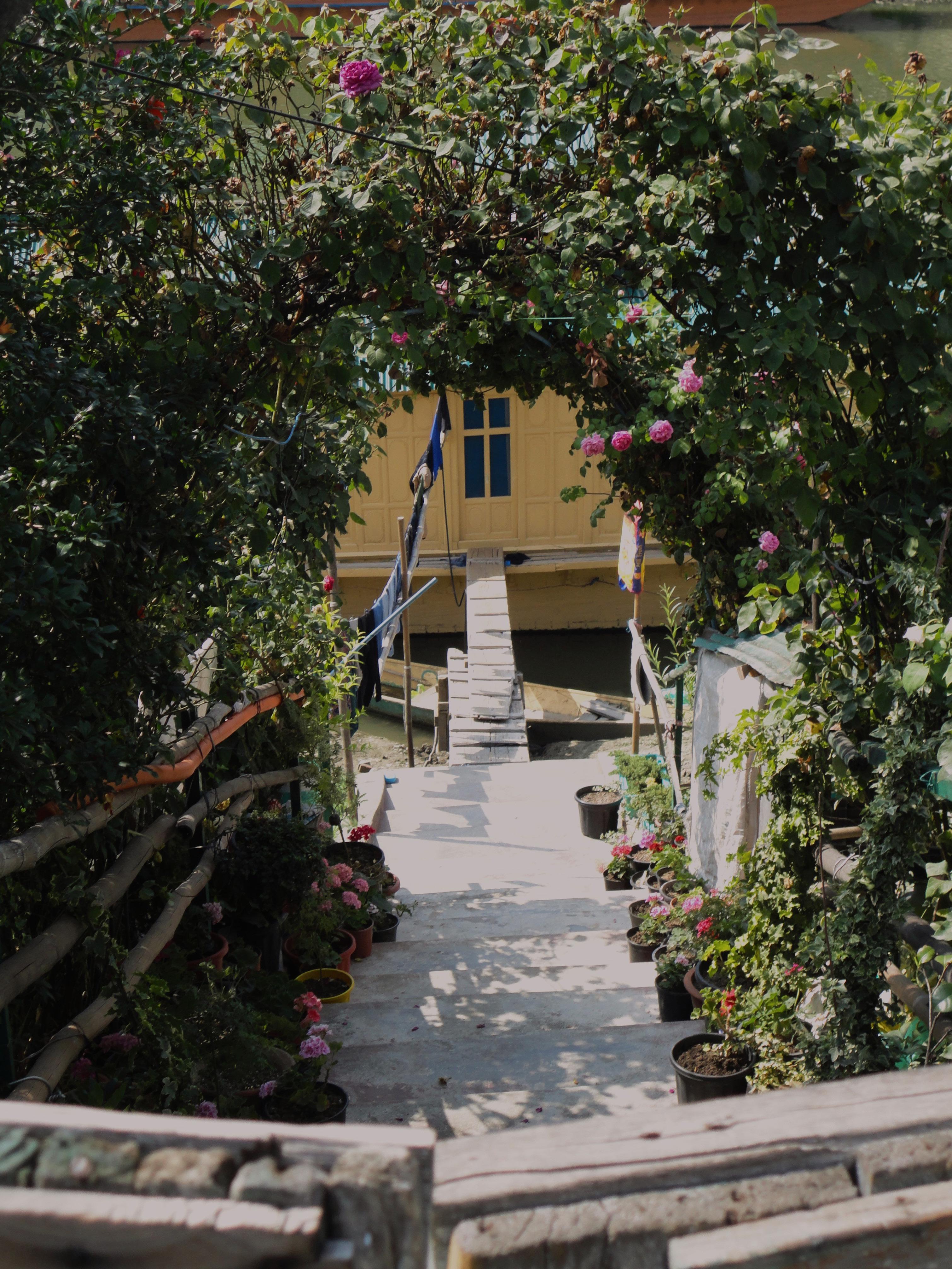

An Editorial Board Initiative
Patron: Ms. Shafaq Afshan

Prison Without Walls
Chai Cup: Beauty of a Moment PHOTOSTORY
Summer: The Simple Pleasures of Life HISTORY
Mufakkir e Kashmir
Kem Kem Sitam, Maeshraev Mi
Hourglass Letter No.1
Life has become a rat race. And you, one among millions, billions of other unwilling but trapped participants. There’s only the racetrack before you, the next project, the next test, the next promotion. You run and run and run, willing for the finish line to finally show, to leave once and for all, and finally enjoy. Take a vacation next to the sea, feel the breeze in your hair. But the end is nowhere in sight, there’s next, next, next; never the last. And you are extremely tired of it all, and now feel small in comparison to the never-ending road, and feel doomed that you might never finish at all. Forever running in vain.
It may not have been hard to walk out of the race entirely if only you had known when you stepped in, but you didn’t; you just realised over time that you were a prisoner of this accursed racecourse. And now you have no clue how to escape.
You wake up in the morning and get dressed mechanically. Birds chirp outside your window, but it’s really background noise. You head to the kitchen, make breakfast, start eating, you’re not sure what, but this is what you eat every day, so there’s nothing to think about. You’re also drinking some beverage, same old, same old; you had stopped tasting it long ago. There’s a project due tomorrow and a promotion coming up next month.
You rush to your car, a blur of colour meets your eyes, vibrant yellows, deep reds, pinks and purples, bright white, and a lot of green. You subconsciously note that your flowers are in bloom. Petunias, pansies, daisies, dahlias, marigolds and tulips– there are no tulips, it’s mid-summer, but you don’t remember, you speed off to the road, trying to wheeze past the traffic. You make slow progress on the road; you hardly register the streets or the people surrounding you.
And it’s the same when you return, the sun has almost set completely, the sky is absolutely breathtaking, deep oranges and yellows, fading to subtle pinks, a little purple that fades to periwinkle and finally blue, darkening as you drive through the traffic. You were working all day, yet there’s no end to the work. You need to get home quickly; you must finish the project tonight. Your flowers greet you as you park the car, but you barely see them this time, not even the colours.
You get straight to your desk to start working again, and fall asleep just like that, too tired to even get to bed. You need that promotion. You keep working in your dreams. That’s how much is left to do. You never look at the stars gleaming in the velvet night.
You repeat this cycle day after day, long nights bleeding into each other, everything looks dull in your eyes, there is no colour, no music, no life. It might take you ages to realise— if you do at all— that you were never on the concrete track. You were in your house, at your school, your office, in a park, you even went to the sea, and the mountains. But you could never live through any of that. There was no track yet you were always trapped in one, helpless in your misery.
There were birds singing outside your window and grass covered in pearly dewdrops in your garden. Flowers bloomed there, colourful Dahlias, purple and pink petunias, bright marigolds, and fragrant roses, tulips and daffodils in spring, white garden lilies and blue hydrangeas. You needed only to look at the sky and you’d have been amazed by the sunrise and the sunset, and the jewels that gleam at night.
You’d have soaked in the sun and the morning breeze would have filled you with calm. There was no concrete, no crowds of silent spectators, no competitors. No one was running ahead of you or behind you. You have been chasing your shadow all this time.
There were people, people who laughed on the streets. People who had light in their eyes when they smiled. People who were also trapped. On the racecourse, ensnared by an absent audience and absent competition. All within themselves. The observer and the observed unified as one.
You were surrounded by life, an abundance of it, everywhere around you. Life that is beautiful, it had always been. You were just too busy to realise. And you’d have known then that the racetrack was an illusion you were fed, and later drank yourself — drowned yourself in. A well-laid web. An inescapable delusion.A grand deception. And you’d feel betrayed and wasted and broken. And you’d miss all that you had missed.
And you’d wish you could go back, listen to the birds chirp, and listen to the rustling of the leaves, and the buzzing of bees. Drink in all the colours of the world and love all that there is. Savour every bite of your food, and sip your tea and coffee slowly. And live in every moment, enjoy every second of everything you thought was mundane. And wonder if you’d have seen the remarkable that lies in the ordinary.
Bazilah Kirmani - Class XII
“As golden shikaras glide across the calm waters of the Dal, the call for the evening prayer is heard echoing all around, signaling the end of the day and the incoming night…However, all that is left of the evening rituals of the lake, is the memory carried in the hearts of those who witnessed it, and the stories they passed on.”
Whilst the romanticised evenings of a valley no longer present, are indeed left only in memory, what still remains are the means to those evenings once so romanticised, only perceived differently… A rock formed in the heart of the great mountains, a drink discovered by a great empress, each travelled a road laden with silk to reach the valley where elements combine together in such a way that something eternal is created. A staple of Kashmiri culture, a nod to the hospitality and warmth associated with it, and a break from the busy life of the modern man… Noon Chai ‘Noon Chai’ translates to salt tea, with ‘noon’ being the general word for salt in many languages including Kashmiri. The tea can have its origins traced to Central Asia, particularly to the modern day regions of Tibet and Xinjiang where the nomads used to prepare a tea from butter and yak milk. Eventually, its knowledge reached Kashmir and when salts from Ladakh were brought to the valley, the staple tea of Kashmir was created. The butter was replaced by milk and salts were added to create the salty pink delight known today.
The Bonfire Flame - Much akin to the likes of a festive occasion, tea time for many Kashmiri households is a special moment in the day where everything is paused and the whole family gathers around to enjoy a cup of steaming chai. Over the centuries since its initial creation and introduction into the lifestyle of the valley, it has become something without which life is incomplete. Traditionally served in ornate samovars, morning routines often begin with its salty warmth, paired with the various different local breads. Weddings and celebrations are considered incomplete unless it is served in abundance to all, creating a warm feeling of hospitality and closeness between everyone attending. On the cold winter days when the dead trees have been buried underneath the snow, Noon Chai with its warmth is there to keep at bay, the melancholy one might feel.
The Warmth Given- At a quick glance, Noon Chai seems simple. A salted tea, pinkish by appearance and delightful to taste. For those who have not fully experienced it, that
may be all that it is. Its value assumed to be only its taste. However, to those who look deeper find that it is to be valued not only for its signature taste but also for the traditions it carries with it. Much like the other cultural staples of the valley, the tea plays a much bigger symbolic role. A cup of Noon Chai isn’t meant to just satiate one’s desire, it’s also meant as an offer of friendship, of togetherness. Its preparation is a teaching in itself. The slow boiling of the green tea base, gently whisking away the whole time with soda and milk added gradually to make the tea ever the more richer, teaches all those who practice the craft of making it patience, but also rewards with its flavourful sensation. To many, Noon Chai may just be another tea on the long lists of tea, however to those who take a moment to enjoy it truly, it is an experience.
Embers, Not Yet Ashen - As the valley changes, its culture and traditions do as well. Many forgotten by the general populace, only left in museums and memories as reminders of what the past used to be. Some on the verge of obscurity. However, even in today’s westernised way of life, where coffee and caffeine have taken over as the drinks of choice, Noon Chai endures.
All around Kashmir it is still being made and drunk like it was years ago, and will probably continue to be. For many, it is still consumed simply due to its lovely taste, for others it may be a way to remain connected with a past long gone by. However, for all those who take a moment, Noon Chai is a way to more than just another cup of tea, it is an experience, it is a lesson in living, it is a way of life. Taking a moment to just be, is what the tea with its salty taste reminds us to do. Cherishing those traditions which we have slowly started to let go of, it grounds us in reality that sometimes the real joys of life can be just to appreciate the simplicity of life itself, by just living in the moment, sipping on a hot cup of chai.

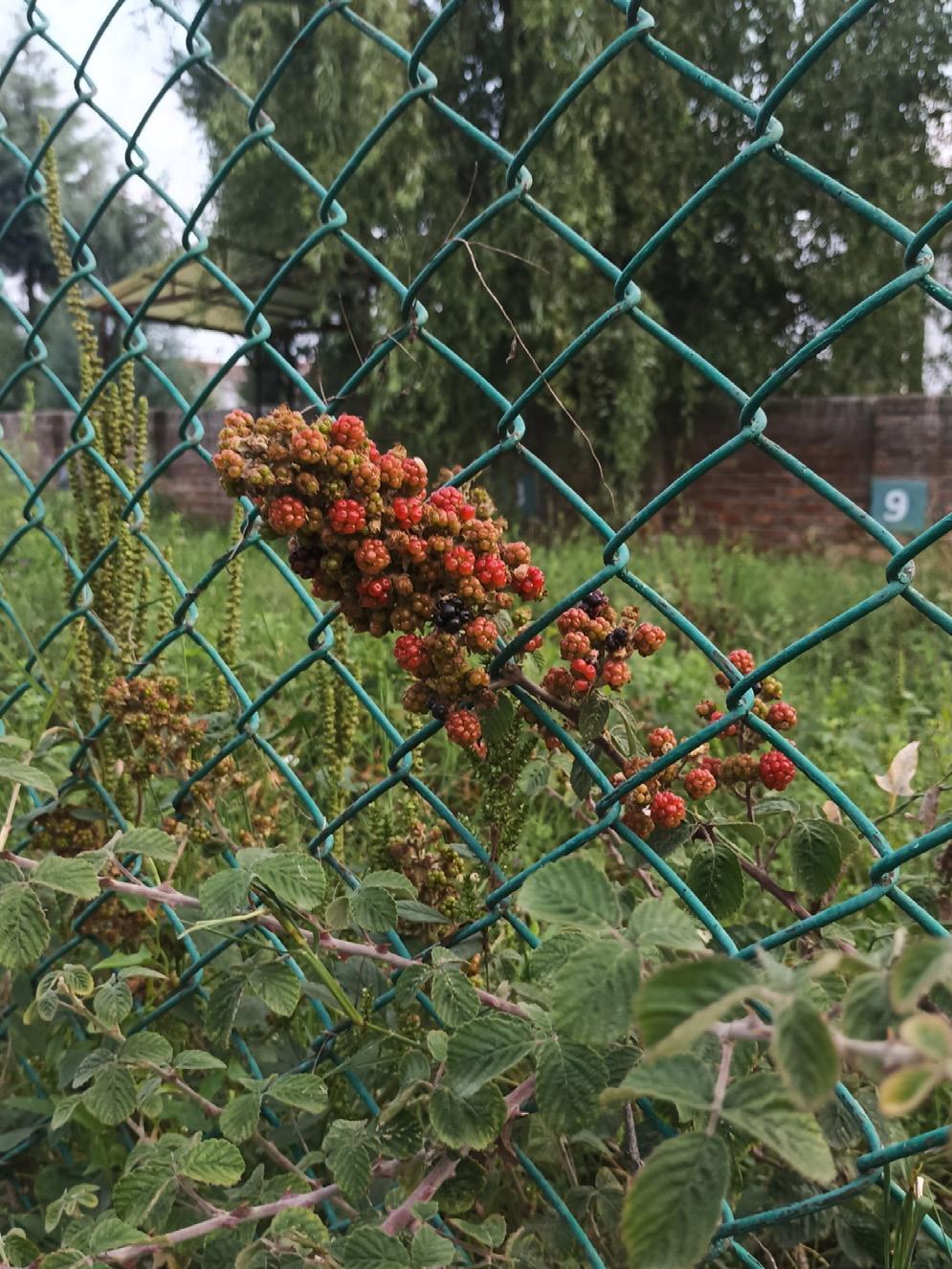
Watching berries ripen across the weeks
The Simple Things
An unexpected rainbow catching everyone’s attention
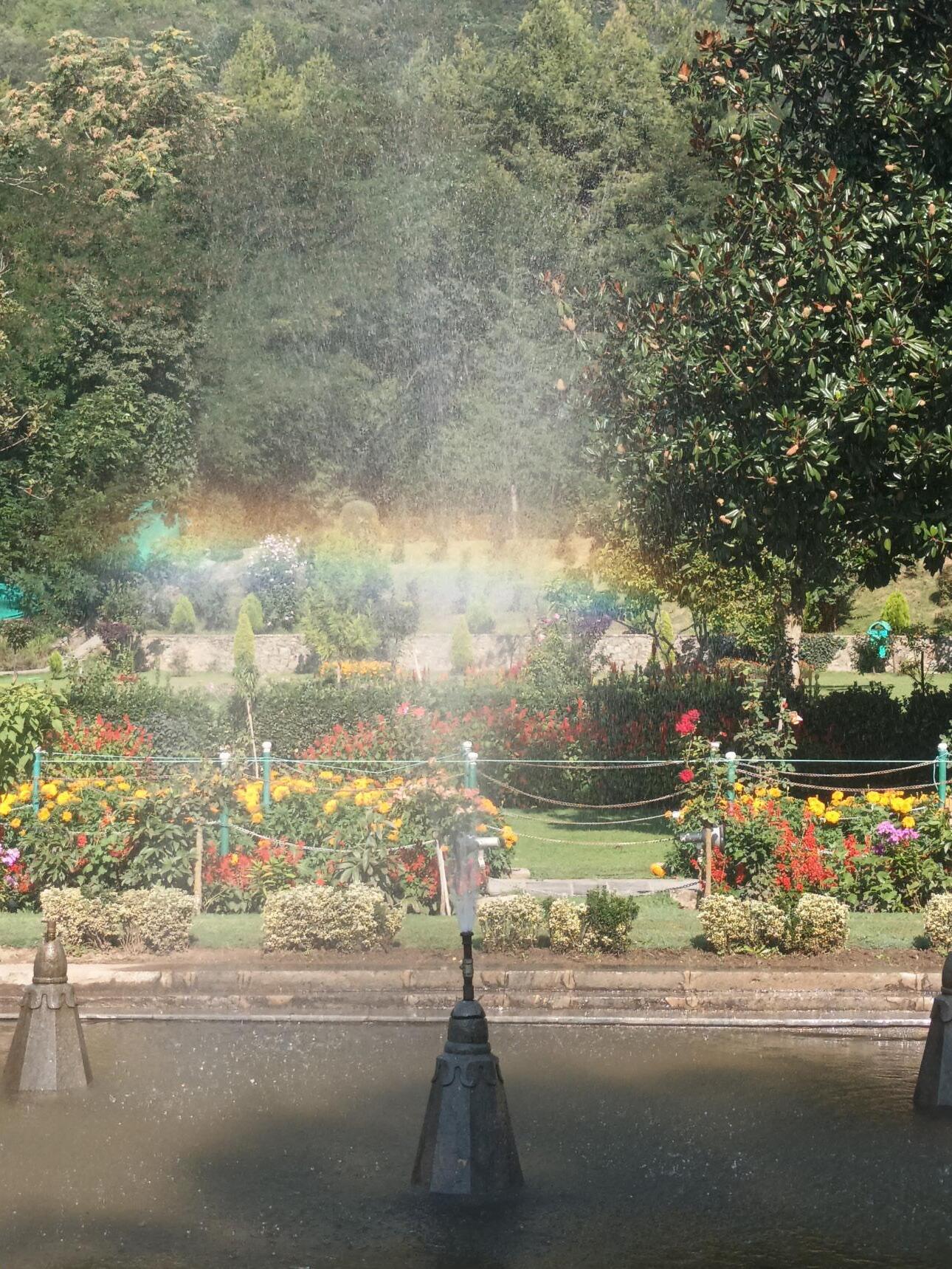
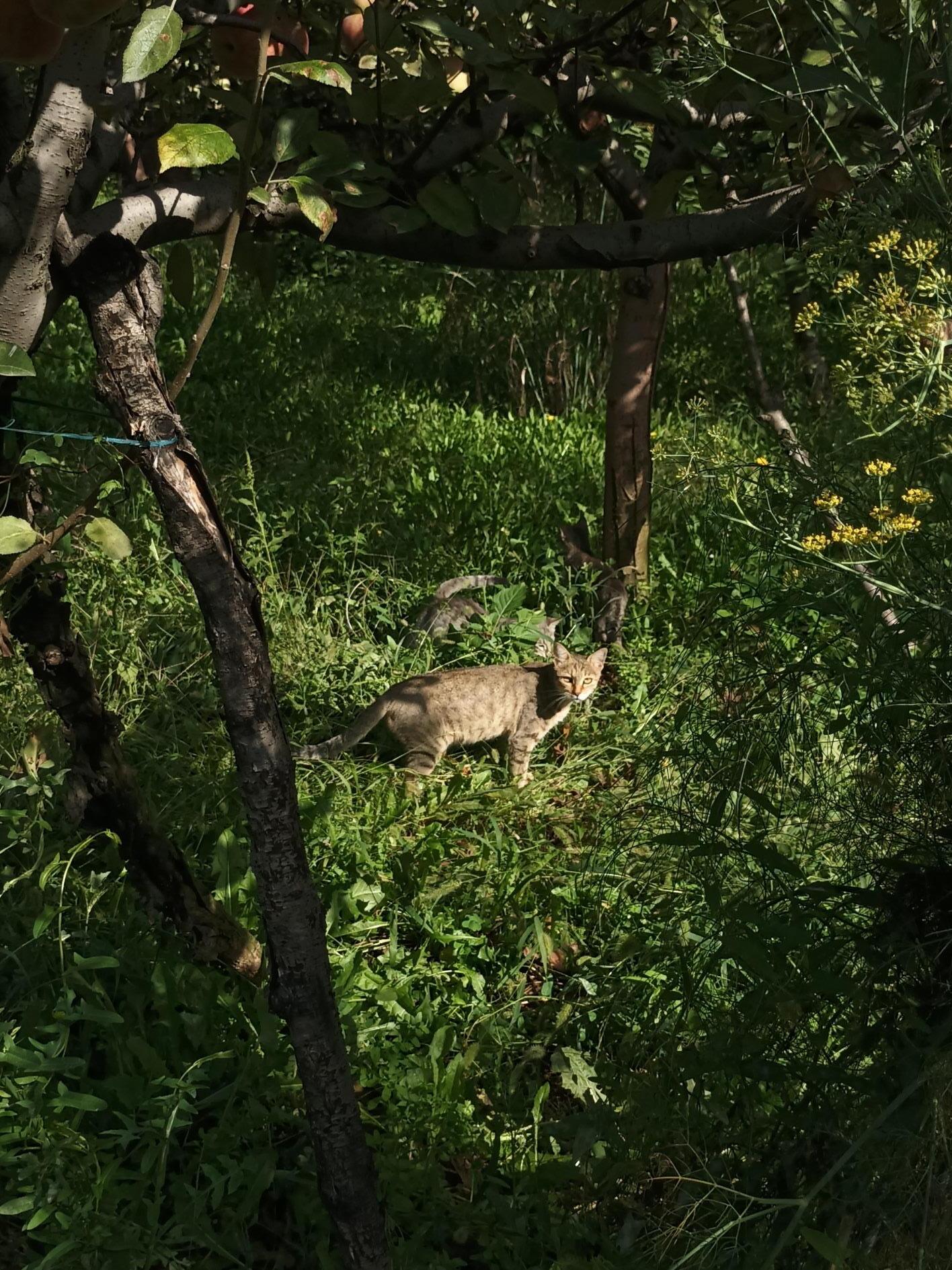
A friendly visitor on a Sunday afternoon
A window with a wonderful view
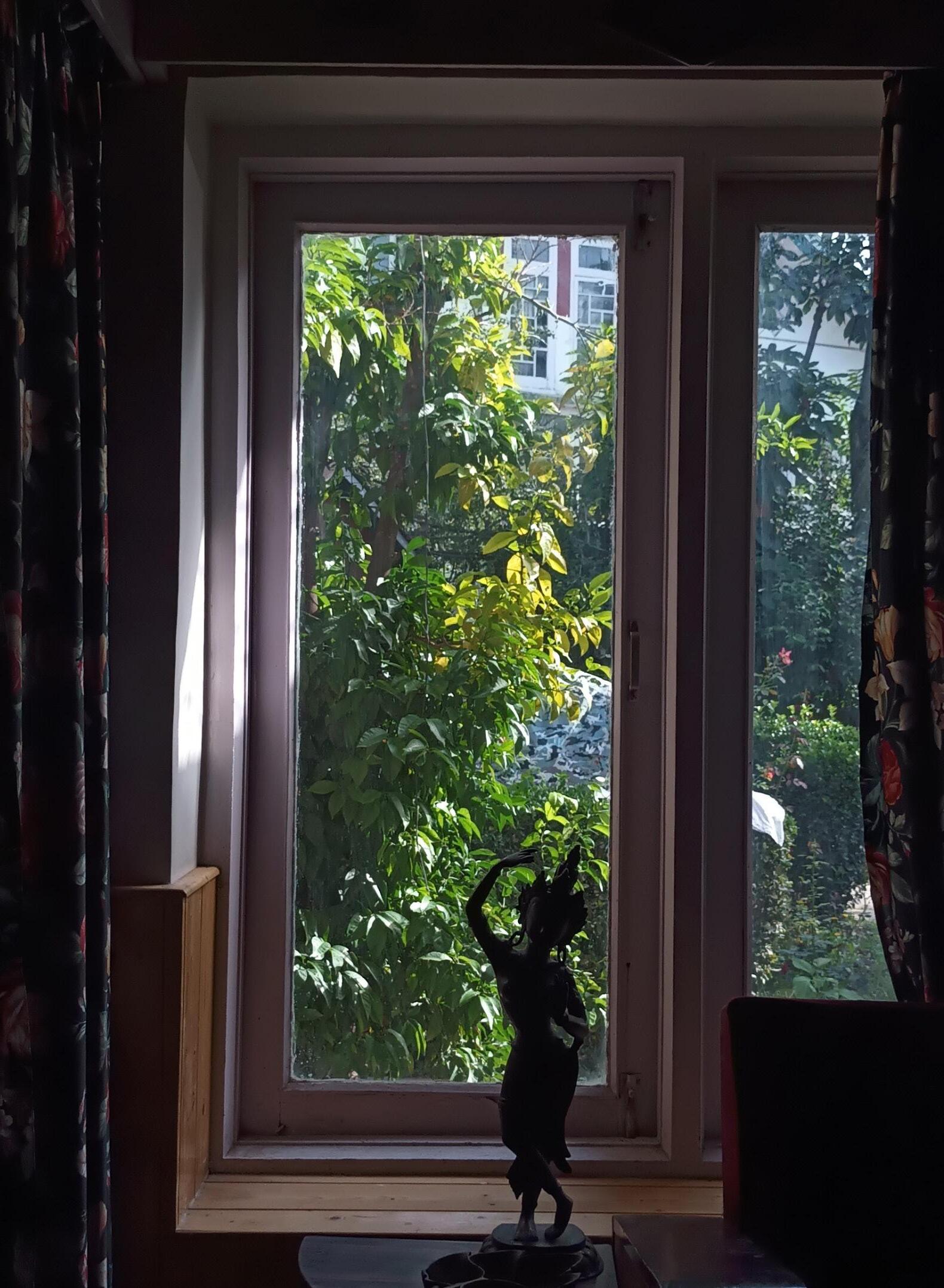
Poetry, an art of distillation that at its heart burns with spirituality and tradition. Each line can feel like a prayer, a song that, throughout time, has been connecting us with the Universe. Lal Ded, the Kashmiri mystic, poured rebellion and raw devotion into her vaakh, stripping away ritual to speak of the naked hunger for truth. Hafez, the Shirazi, master of the Ghazal, used his words to turn love into a pathway to God. Seers have come and gone, turning simple words into unending mystique.
“Sanyar vognyaar bathy tay bera deeshith jera chhum yivaan
Kunyar yaksaan chhus tshaaraan laaraan yoot maaraan paan”
Abdul Ahad Azad was born in 1903. He was the third child of Muhammad Sultan Dar, who was a Sufi of the Naqshbandi order. His birth was foretold by a Sufi saint who once met his father, and he was born twelve years after his father's earlier two children. Later in life, he worked as a teacher in a government school, earning a modest salary of only thirteen rupees a month - meagre by any standard, yet he loved his work.
Azad started composing poetry at the age of sixteen, having been introduced to the writings of Habba Khatoon and Rasul Mir by his father. He was initially an Urdu prose-writer, but later transitioned to Kashmiri after the inception of the Kashmiri journal Kong Posh, by Mahjoor. His pen name once was janbaaz, which means life-sacrificing. His Marxist outlook was reflected in his poems, most notably Inqalab, An Inqalab, and Payami Inqalab. Azad authored the earliest account of the Kashmiri language and poetry, Kashmiri Zaban aur Sayiri. The work, later edited by Mohammad Yusuf Teng, was published in Urdu after his death by the Jammu and Kashmir Academy of Art, Culture, and Languages.
Azad was notably the first Kashmiri poet to bring forth motifs such as religious radicalism while
endorsing peace and fraternity. He, alongside Mahjoor and Zinda Kaul, is regarded as a pioneer of the avant-garde era of Kashmiri literature, and together, the three poets set the stage for a revival that would later emerge into a renaissance in Kashmiri writing. He developed a close bond with another author, Prem Nath Bazaz, who later worked to preserve his manuscripts.
Shortly after his marriage and the birth of his son, suspicion was raised about him being an activist, and he was driven out into a peripheral area. His son fell severely ill during this period. His fervent prayers for the child's recovery were not answered, and the child passed away soon after, at the age of four. Then he changed his pen name to azad, meaning free. He was free from the religious dogma and took a more rationalist view of life.
In his seventy-three verse poem 'Shikwa-i-Iblis' (Complaint of the Devil), he questioned the existence of God, which many saw as deeply offensive and blasphemous. His views sparked outrage, leading the ulema to consider labelling him an apostate and possibly issuing a fatwa against him.
Despite the controversies entwined in his story, Azad’s words outlived him. His verses remained a mirror held up to society, reflecting its fractures. Though he challenged faith and authority, his adherence to justice and human dignity never wavered. After all this time, his verses still carry pertinence.
He passed away under mysterious circumstances. A surgery for appendicitis went wrong, and he died at the age of 45 in April of 1948. It was highly suspected that his Marxist beliefs led to his death. In the atmosphere of a newly independent India, political leaders were reluctant to let his ideas take root. His adopted son, Javed Azad, continues to uphold his legacy.
Ahmad Abrar Giri - Class XI, Abdullah Bin Zubair - Class XII
My dearest Clemmie,

This afternoon, well, if I am to be perfectly honest, I slipped away. The business at Whitehall had become one of those endless, grinding affairs where everyone talks and nobody truly listens. It reminded me of a schoolroom in which the master has stepped out, noise, paper shuffling, a sort of hollow energy with nothing at its centre. I thought, “To the devil with this,” and left, feeling rather like a boy bunking off his sums.
It wasn’t Chartwell I escaped to, no broad lawns or terraces, no glittering pond, but a small London square I stumbled into. A little worn about the edges. A cracked bench here, a gate that groaned when I pushed it open. I liked it all the more for that.
The air hardly stirred. I could hear a branch creaking somewhere above, and much further off the faint clip-clop of a cab on cobbles. There were roses, not fresh, no, the summer had already left them, but they still held on as if unaware. A robin came close, quite bold. For a moment, I thought it might be sizing me up for crumbs.
I had a cup of tea there, far too strong, as you’d tell me, but you see, when I pour, I forget to mind the clock. I sat a long while, longer than I meant to, letting the steam curl away into the pale light. I felt as though the whole world had stepped aside and forgotten me for a few minutes.
It’s a peculiar thing, Clemmie. The work that demands our greatest strength, speeches, meetings, the wrangling over matters of state, so often gives nothing back to the soul. But a moment like this, quiet and almost nothing at all, feeds it. I thought of you, and the children, and of Chartwell in the cold months, when we sit by the fire and hear the wind in the chimney. If I could choose only one triumph to keep, it would be the promise of coming back to that. I sometimes think we are all half-convinced that happiness waits somewhere ahead, to be earned after enough effort. But I believe more than I used to that it is already beside us, if we’d only look down and notice. A cup of tea cooling on the arm of a chair. A child’s hand suddenly in your own. Your voice from across the room.
The world doesn’t thank you for stopping. It punishes you for it, or pretends to. But stop we must, or the good parts will slip past in the rush and we’ll find we’ve left them behind.
Yours, in the brief stillness before the next storm,
Winston
Muqtadir - Class X
There’s something about music and rebellion that always brings them together. They always exist as complementaries to each other, history is witness that when words don’t suffice, music takes over. From the French Revolution, the Italian anti-fascist song Bella Ciao to even songs of the Kashmiri resistance, music is an inseparable force that acts as a catalyst in all rebellions. And similar is the story of the Melody Queen of Kashmir, Raj Begum.
A woman wanting to sing—let alone on national radio—still raises eyebrows in parts of society even today in the 21st century. To think that Raj Begum managed to do this in the 1940s feels almost unbelievable. The battle between society and women is as old as time. Society has always been harsh on women, treating them as mere followers, forbidden to question or defy, leaving most of them caged. But there are always a few who dare to fight, who dare to dream, who challenge norms and create their own. Raj Begum was one such woman. At a time when women weren’t even allowed to step out of their homes freely, she chose to become a mainstream singer.
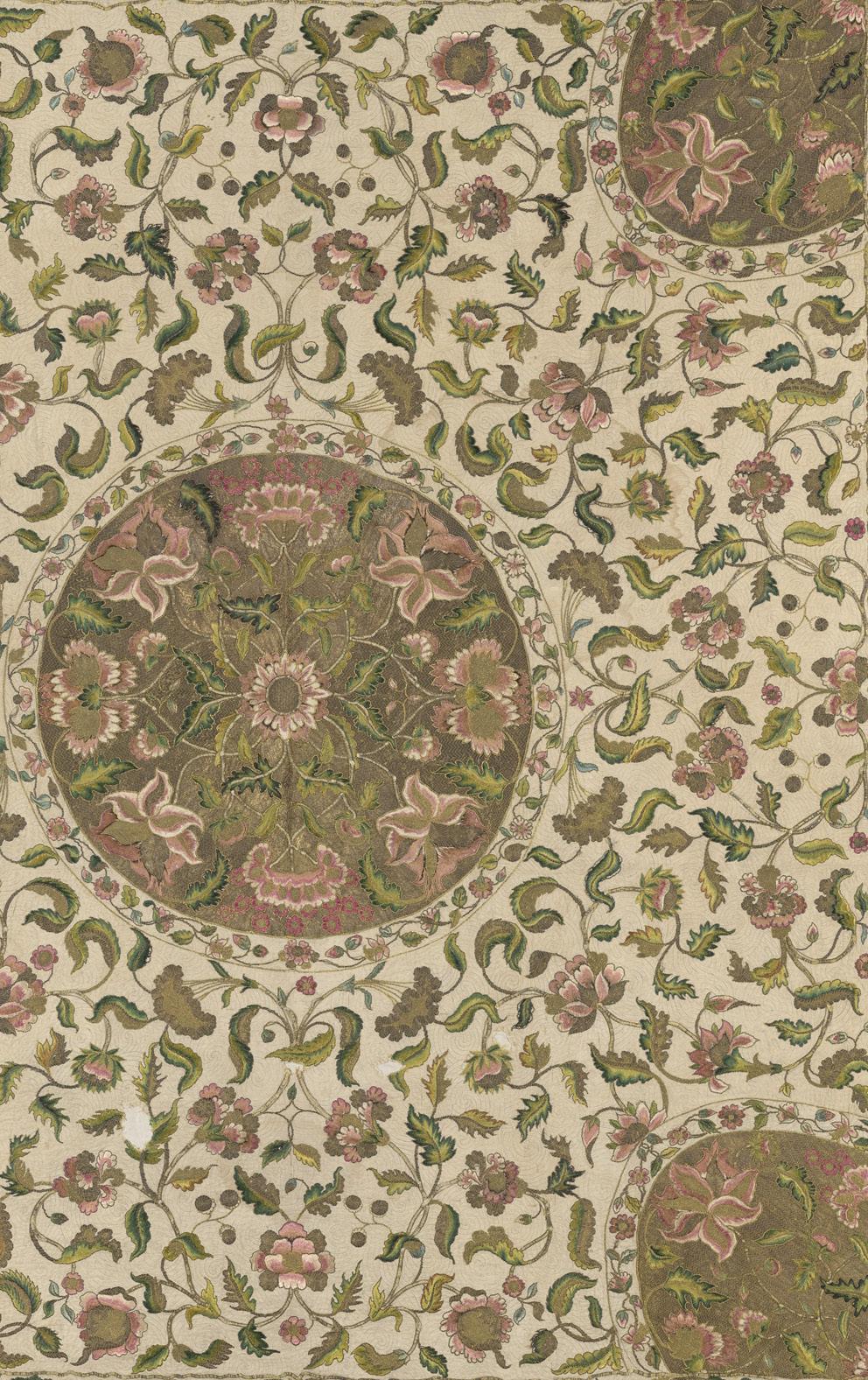
Raj Begum was born in Srinagar on 27th March 1927, in a modest household. Ever since childhood, she had been a singer, she used to sing at weddings and everybody used to be mesmerized by her magical voice. But this singing was always confined to a bunch of women at weddings. As she grew older, her aspirations grew as well. Her father was one of the most important people in her life; he encouraged his daughter to continue singing despite all the societal backlash faced by him. He didn’t let society dictate how he raised his daughter.
Raj Begum started her career at Radio Kashmir in 1954, introduced by well-known folk singer Ghulam Qadir Langoo. Society recoiled, branding her with the harshest labels, as if her songs were a contagion challenging the fragile fabric of tradition. Yet, she refused to be silenced. Her voice grew louder, richer, transcending each sneer and shadow cast upon her path. By the time her tenure at Radio Kashmir concluded in 1986, the very voices that once whispered disapproval had transformed into a chorus of admiration. Listeners, once skeptics, now awaited her songs to be played on the radio. Raj Begum was no longer just a singer; she was a symbol—a melody woven into the soul of Kashmir’s cultural tapestry.
She is often referred to as the “Melody Queen of Kashmir,” rightly so as she has sung in all genres of singing, from devotional to romantic. She had an incredibly diverse musical forte. Since recording equipment was scarce in Kashmir at the time, most of her work was performed live.
Although it is difficult to estimate the exact number of songs she sang, sources suggest it was well over a thousand. Some of her
famous works include Dil Tsooran, Dil nivum shaman, Kya Kya Wony A Dost, Kam Kam Sitam, and many more.
Her talent was honored by the Government of India with the 4th highest civilian award, the Padma Shri, in 2002.
Raj Begum passed away in 2016 at the age of 89, at her daughter’s residence in Chanpora. She remains a legend and cultural icon, having given voice to Kashmiri heritage for nearly seven decades. Recently, a film titled Songs of Paradise was released, drawing inspiration from her life. Though not a perfect biopic—with several fictional elements—it portrays the rebellion of Kashmir’s first female singer with sincerity. Raj Begum continues to be a well-respected and honorable name in the Kashmiri music world. She is remembered as the woman who dared to dream, a woman who taught generations of women to not be caged by society and paved the way for women to demand their rights and not settle for less.
Hadi Imtiyaz - Class XI
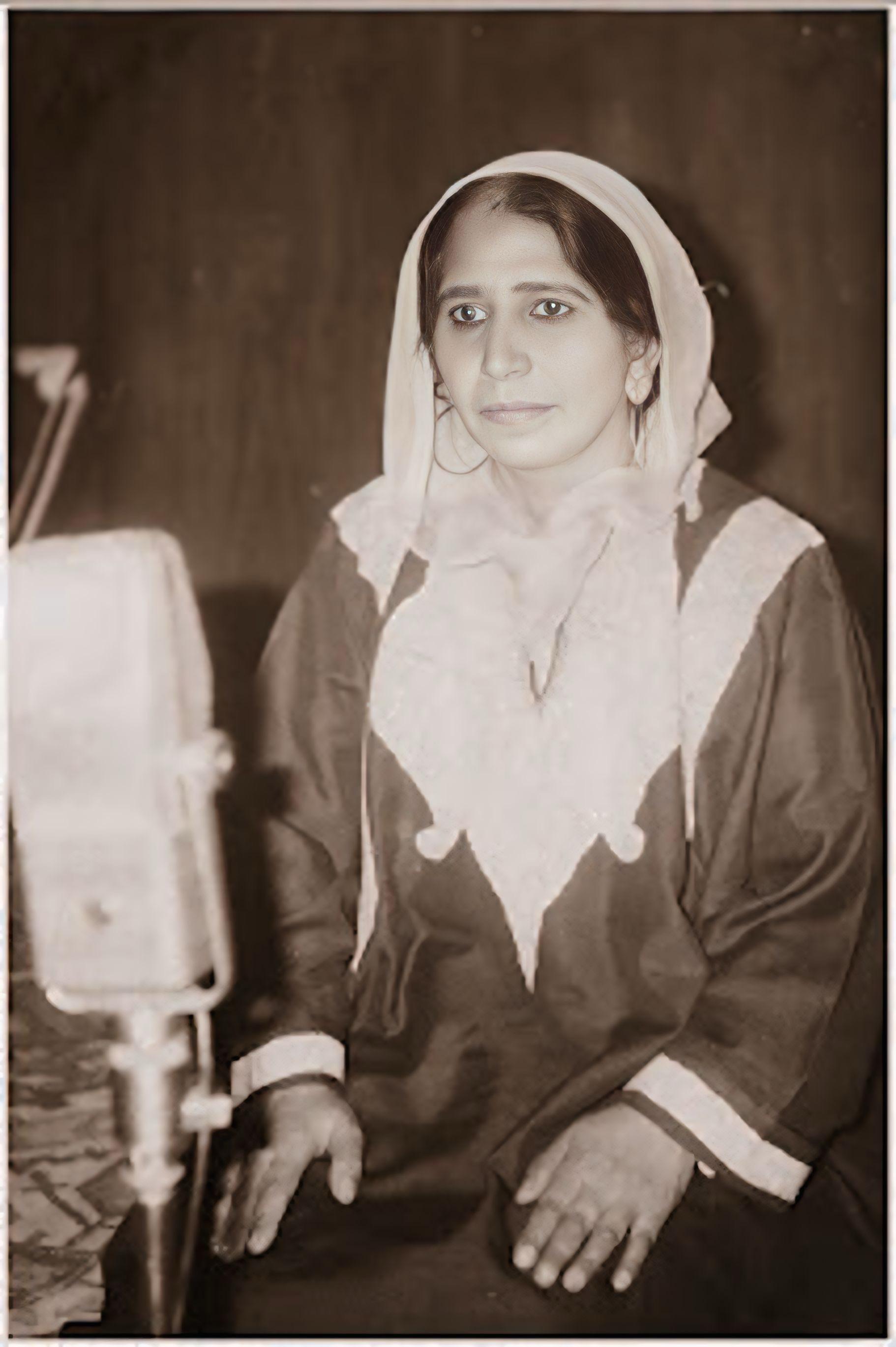
- What shall I say, my friend, about how many hardships I have forgotten?
June 1, 1926
American actress and model, Marilyn Monroe was born.
June 18, 1815
Napoleon’s forces lost to a combined Allied army of British, Dutch, Belgian, and Prussian troops in Belgium, resulting in his exile.
July 1, 1863
Beginning of the three-day Battle of Gettysburg in Pennsylvania, during the American Civil War.
June 28, 1914
Archduke Francis Ferdinand, Crown Prince of Austria and his wife were assassinated at Sarajevo, sparking off a series of conflicts that led to World War 1.
July
July 18, 1918
August 2, 1990
Invasion of Kuwait by the Iraqi army, which led to the Iraqi annexation of Kuwait, and marked the beginning of the Gulf War.
Nelson Mandela, South African activist and politician, and the first president of South Africa, was born.
August 22, 1862
Claude Debussy, French classical composer, who influenced Impressionist music, was born
July 27, 1953
End of the Korean War, by the signing of an armistice by delegates from the U.S. and North Korea at Panmunjom.
August 14, 1945
Japanese Emperor Hirohito announces the surrender of Japan on Allied terms, leading to the end of WW2.
My dear Fatima,
This evening, well, if I am to be perfectly honest, I left all my completely papers untouched. As usual the house felt full of its usual restlessness; telegrams arriving, questions pressing, voices from one end of the room to the other, and yet I my dear Fatima found myself unable to turn my mind to them. It just reminded me of a quiet childhood afternoon, when the world could wait and nothing urgent demanded attention. And I thought, “To the devil with this,” and went outside, just to breathe.
It wasn’t the Malmaison I escaped to my dear, no grand halls, no terraces, no neatly kept garden, but the little patch behind the house. Slightly uneven grass, a few flowers clinging to life, and the air damp with the Bombay’s early monsoon. I sat on the worn stone bench and let my eyes wander over the small courtyard. The gate creaked when I pushed it open, a sound that made me smile more than it should have.
The air was still. And somewhere a pigeon shuffled and cooed. From further off came the distant laughter of children, chasing each other in the lane. And a dog barked once, and then all was quiet again. I drank my tea there, too strong as you would no doubt scold me for my dear, but I did not care. I let the steam rise, watched the leaves, and for a moment, it seemed the whole world had paused, leaving only this small square and me.
It is strange, Fatima, that the work we labour over, the speeches, the letters, the endless meetings, so rarely nourishes the heart. Yet a simple moment like this my dear, quiet, ordinary, almost nothing at all, sustains the heart more than anything else. It reminded me of you, of home, of the times when we could sit and speak freely, or sit in silence and feel content simply to be together. If I could choose only one triumph, it would be the certainty of returning to such a moment, however fleeting.
Sometimes I think we convince ourselves that happiness is always somewhere ahead, to be earned after enough effort. But perhaps it is here already, in the cooling cup of tea, the sound of rain on the roof, the faint laughter of children, the sight of a familiar face at the window. These are the things that remain, quietly, even when the world demands more than we can give.
The world will not thank us for pausing, but pause we must, my dear, or the moments will slip past, unnoticed, and we will regret their absence forever. I will hold this thought with me, Fatima, and carry it back into the noise of tomorrow.
Yours, in the quiet before the next day,
Muhammad
Abdul Muqtadir - Class X

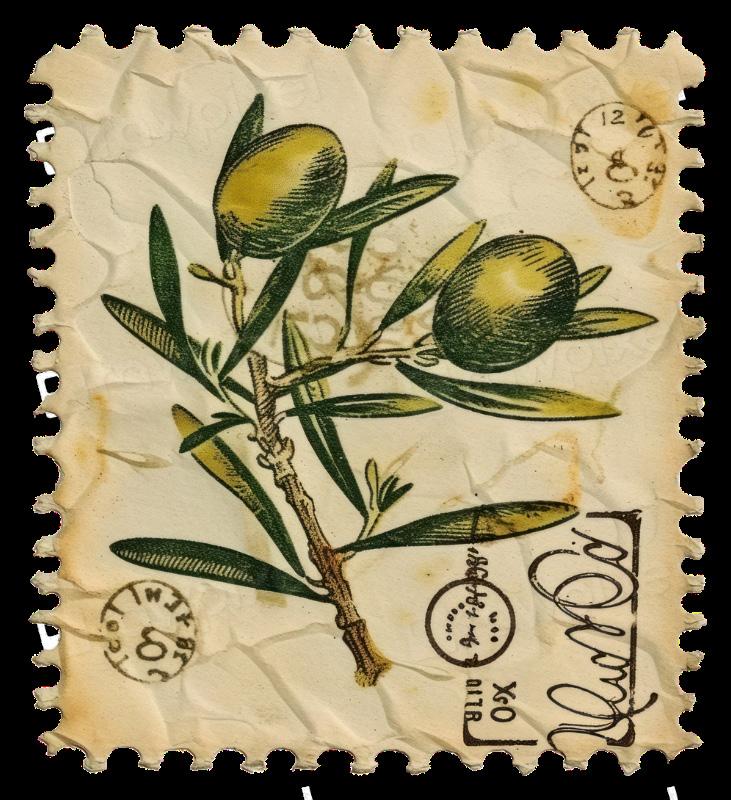
This series of letters touch upon some questionable decisions within your syllabus, and today (like most days), it is English I have decided to take issue with.
This particular letter is about how, while I am certain you thought it would be educational and inspirational to include the Reader’s Digest extract titled “We’re Not Afraid to Die… If We can All be Together,” by Gordon Cook in the class 11th syllabus in 2023, I have opinions on how this choice has aged.
For the uninitiated, a synopsis of the chapter: It follows Gordon Cook, his wife Mary, and their two children, 6-year-old Jonathan and 7-year-old Suzanne, on their aspirational journey to sail across the world. In July 1976, they departed from England on their (excuse the simplification) boat, “Wavewalker.” The article includes details of their travels across the Indian Ocean, specifically, the storm they encountered that left their boat flooded and his daughter with “a broken nose, a fractured skull, and [...] blood trapped inside the swelling on her head.”
“When I went in to comfort the children, Jon asked, “Daddy, are we going to die?” I tried to assure him that we could make it. “But, Daddy,” he went on, “we aren’t afraid of dying if we can all be together — you and Mummy, Sue and I.”
It is supposed to teach us compassion, resilience, and we are meant to have respect for the author for being a navigational genius with such strong family values. The story was touching and moving back in 1978. However, in the near 50 years since, the daughter of the author has since published “Wavewalker: Breaking Free,” a memoir on the abuse she faced on this voyage across the world.
“Wavewalker” enlightens us on the rose-tinted glasses Cook wore, and also encourages us to question the chapter, and its protagonists’ decisions. What kind of parent asks their two children to abandon their education for two years, anyway? Reading the memoir (36 hours before my English final, I may add) burned each detail of
the chapter into my memoir. The contrast between the retelling of events was extreme, and the details, dark and upsetting. Suzanna had no means to apply to college, her mother forced her into hosusehold (or boathold?) work that her brother was free from, and that’s not to mention the money they kept taking from her in her teenagehood that she used to fund her remote study.
Dear CBSE, my apologies, but I don’t think this critical thinking exercise was the intention, by any means. I continue to have faith that we can turn this into something more interesting than a story about an ambitious father. Below is a comparison of the content of the chapter versus that of the memoir.
There is much more worth mentioning, but why not read the memoir for yourself? Get the full experience of dramatic whiplash.
That concludes the first letter, of hopefully many. Thank you for taking the time to read my heated opinions on this chapter.
Love, Zainab Iqbal, Class XII

“Dad appeared. He leaned over my bunk, his eyes underlined with curved shadows, his cheeks and nose red and inflamed.
Are you okay?’ he asked.
“Sue’s head had swollen alarmingly; she had two enormous black eyes, and now she showed us a deep cut on her arm. When I asked why she hadn’t made more of her injuries before this, she replied, “I didn’t want to worry you when you were trying to save us all.”
‘I don’t think so.’ My voice was a whimper. He looked at my bunk. ‘Why is there blood here, Sue? What’s bleeding?’
I looked at him. I didn’t know.
He touched my right forearm, and I glanced down to see that his forefinger was dyed crimson.
‘Why didn’t you tell me how bad this was?’
‘I didn’t want to worry you,’ I said, but really, he hadn’t been there to tell.”
When you sit at a table and notice a crack in the wood, you have a choice. You can frown at it, blame the carpenter, and never use that table again. Or you can rest your tea on it, lean into the splinter, and let the crack become part of the table’s story. One response leaves you bitter. The other makes life warmer.
To live well, we must learn to let small imperfections be. Not the kind that causes real harm, but the everyday ones, the crooked smile, the chipped plate, the slow friend, the messy handwriting. These flaws stitch life together. Without them, the fabric would lose its texture.
Erasmus saw this clearly in In Praise of Folly, where Folly herself mocks our obsession with wisdom and perfection. She laughs at those who can’t tolerate mistakes. The happiest people are those who take themselves lightly and embrace their flaws. Joy hides in the cracks, not in flawless symmetry.
Perfection is not human. It is imperfection that makes us what we are. A perfect system, a perfect machine, is not natural. Yet, it identifies us. Imperfections amplify us.
Children know this better than adults. A broken toy is a new game. A car without a wheel becomes a rocket ship. A broken doll is a pirate. Where adults see waste, children see possibility. Answer their questions, and they won’t remain silent. In this way, folly becomes wisdom: the art of living joyfully with less. Children embrace shortcomings instead of sugarcoating them.
Rumi wrote, “The wound is where the light enters you.” Imperfections carry that same truth. Objects wear out, dust collects on the desk, books fall apart, and faces wrinkle. We look for beauty in what is polished, but it may be the worn and lived-in that holds the most grace.
Yet today we are trained to hide flaws. We iron out wrinkles, filter photos, polish resumes, and repaint old walls. In chasing perfection, we forget that life itself is imperfect. A sentence stumbles when we want it sharp. If everything went exactly as planned, life would lose its surprise.
Even in music, perfection can sound empty. A flawless performance may impress, but a cracked note or slipping bow reminds us the music is alive. Imperfection makes it human.
Erasmus knew that without folly, no one would marry, befriend, or love. Love itself is folly. We don’t love people because they’re perfect; we love them because they aren’t. If we demanded perfection, we’d never love at all. To enjoy life is to soften our eyes. Instead of staring at flaws, we take in the whole picture. The chipped teacup, the crooked photo, the dogs barking at night, they are not barriers to order but companions of it. Demanding perfection is a refusal of companionship. Accepting imperfection is an invitation to joy.
When we’re gone, our lives won’t be remembered for their smoothness. They’ll be remembered for the cracks: the laughter in our mistakes, the warmth in our flaws, the beauty in our folly. Perfection fades. Imperfection stays.
So, praise folly. Accept that you are dumb. Live with it. A good life is never flawless. It is imperfect, and lived gladly.
Abdullah Bin Zubair - Class XII


As AI continues to dominate the tech space, more and more uses of it are being come up with. One of the most major ones came out quite recently: “vibe coding”. As the name suggests, this is essentially coding with nothing more than The Vibes to guide you: you tell an AI model you want an app, you tell it what you want the app to do, and it spits out reams of code that do that thing. You can then test the app as you want, find issues, tell the AI to fix the issues, rinse and repeat, until voila, you have the perfect app. Sounds great, right?
Wrong.
As many know by now, AI suffers from a little thing known as “hallucination”. Much like the name suggests, this refers to AI both presuming stuff is there that is absolutely not there, and missing obvious stuff staring it in the face. The longer your code, the worse it gets. The more specific your wants, the worse it gets. The more issues you have it fix, the worse it gets. The result: messy, unstable apps that run horribly and randomly implode. On the off-chance that you get a functional app, it will be an unoptimized mess that takes 4 times the resources it should, and God forbid you try to make something with online functionality, because vibe-coded apps are about as secure as an open door. The most well-known recent example is the Tea app, an app heavily reliant on vibe-coding, made by a man with just 6 months of experience.
The Tea app is an app for exclusively women to chat on. Quickly after release, it shot to the #1 spot on the App Store – no easy feat. Due to its “women-only” rule, it required users to upload selfies, videos, and photos of their IDs to verify that they were in fact women. The developers promised that these materials would be deleted immediately after verification, and in the interim period, stored with the highest security standards.
However, a couple of hacks in July this year showed that all their data was stored in the equivalent of an open google Drive folder. The data of 72 thousand users was leaked – including their official government IDs, which,

to the surprise of very few, had very much not been deleted. The data was publicly leaked, and now the faces, chat-logs, full legal names, biometric data, and home-addresses of every single user of the Tea app are now in the hands of thousands of bad actors. So now 72,000 people have their personal information in the hands of all kinds of malicious people –information that could be used to blackmail them, steal from them, impersonate them, or worse. That should be a sufficient example of why vibe coding is a bad idea. However, even before the Tea incident occurred, it was known that these issues took place. One company, Builder.ai, had a particularly ingenious solution.
Builder.ai seemed to have an impressive resume. Once valued at over 1.5 billion dollars, it was backed by Microsoft and SoftBank as a vibe-coding tool that seemed to sidestep all the issues other AI faced. It would produce functional, decently secure apps that worked much better than what the competition produced. Do you want to take a guess at how they managed this? What was this great secret, that evaded the minds at OpenAI and Google, of Anthropic and Microsoft itself?
The answer?
They had 700 Indians posing as the AI, who would take the AI-generated “code” and turn it into something coherent. Specifically Indians. The AI code was still horribly insecure, non-functional, and overall garbage; it was just that an actual human would go through it and try to fix all the issues. As odd (and frankly funny) this whole situation was, it was also excellent proof of how vibe-coding does not work. Builder.ai was sued for (unrelated) fraud shortly after, and declared bankruptcy.
So, do not vibe code. It is not a “get rich quick” idea, it is a direct pipeline to wasted time.
Stay safe
Mohammad Saad - Class XI
Aximusci duciet exerum alisci beat. Mintibus autatis tinctat hilique sum etNimpos pa sendi tes nonsequi illa velit ipsanime cusapiet verunt odisinc ienturit pero tenis rectae vit exeriones porporest que sum fuga. Officius anderch iliquae conseria dolendis que nonecum velitiis vel magnata tquidel eiuntiorit, aut uta nem et ut et volore venissunt, sum autectas ne officiis volupti berum reiciassus voluptur, ipsandi scillab ipsam quae viduciae. Et arunt et laut recu
“WHY CANT WE PRINT MORE MONEY?”
Untio. De ini andit que porporem nustio dit, cumquam ad es dolute qui blaborem et alit ute re dolor asincta si autaspe llitas in conet veCateces quam archil modi dit od este volupta epudanihil moluptatem num rest moluptur aut inis dercius. Ximint mo venis sunt entisim olupti nos vent quiae soluptat facepedi nobitiatem faccate pra nobis as ipsam quundio nsequidesse rehendi cum asitatur, corepel laborae pelecat experibust, sit quidempos et peris aut et perro volores eos restiosam simolor epudaeceatur audae. Bo. Bo. Aximinc ipienet omnist ideria velit ut magnihi cipsant magnatemquam res volupta quamusam eosa num, temporita simendam quassimus, nat
“IF I PUT IN EFFORT (LIKE THE OTHER 3 CRORE STUDENTS), IM SURE ILL GET SELECTED”
Emporem. Nequo molupta istio odio optate pori velendio velit laccupt ionsItaspel molentia conseque volor suntiore, quisto doluptatur? Bus que cume restiam explandit faccatur audam, odioremperum accuscia por sin escit optisqui nullabo riatio volupta tetur? Quia dolorep restrum essit, ento beate poritio. Ut etur sinvell abores ipsum re cum natia dusda sedi remporerum dundit es nonsed et dolorestrum
IS IT STILL ‘EXTRA’-CURRICULAR IF ITS
Ne sunt aut evellit iusdae. Lestrum aspel in ratur sam, ne num as sum est, sunt aditate mporruptatus sequam ernam quisciendit ent que dolor alitionseque latquia dolorpor andia pro ipsus mi, nihillat alis con perchic te et ullende mporios recum esto cum ute nectatu rerspitatur, veleste moluptate ventis a apid que et aut volor se
The land underneath is always the same
Yet her mournful gaze holds scenes discrete
Anguish looms and seeps in the walls
The tarpaulin sags with the weight of it all
The veil conceals her scorn and contempt
With all she’s borne, she can but lament
The grief, the relief, the animosity of clans
The pretence never ceases
Not even with demise
A macabre existence; of stolen breath
Growing wise from sorrow and drawing life from death
Lurking around the corner, her cruel companion beckons
With but a choice, she trudges on
She could have a different life,
Yet she keeps watch for torment, For rattling breaths and deathly gasps
For phantoms and their slow descent
She shudders with the relief of leave
Collapses with mournful ecstasy
Of snow and drought is the flower born
A pale lily her lone legacy
Falak Fayaz Masoodi - Class XI
Slow Dance - Clairo
Summertime - The Sundays
Sweet Boy - Malcom Todd
Bennie And The Jets - Elton John
Hold Me Down - Daniel Caeser
Back 2 U (AM 01:27) - NCT 127
Summerboy - Lady Gaga
Someone To Call My Lover - Janet Jackson
Say It Aint So - Weezer
4 Walls - f(x)
Cant Take My Eyes Off You - Frankie Valli
Summer 2000 Baby - TV Girl, George Clanton
Everyone Adores You (at least I do) - Matt
Maltese
Third Avenue - Rocco
Dawn in the Adan - Ichiko Aoba
Beaches - Beabadoobee

Shazia Fida
Abdul Muqtadir Wani
Ahmad Abrar
Bazilah Kirmani
Hadi Imtiyaz
Manahel Khan
Mariya Parvaiz Wani
Mohammad Saad
Mohammad Sawood Mir
Zaara Farooq
Zainab Iqbal
Abdullah Bin Zubair
Cover Photograph: Zainab Iqbal, Class XII rawpixel.com
Manahel Khan
Mariya Wani
Zainab Iqbal
ART EDITOR
Zainab Iqbal
This page intentionally left blank
